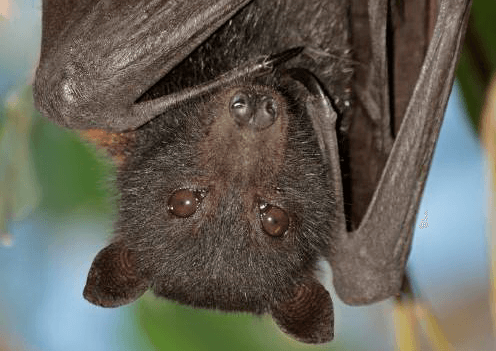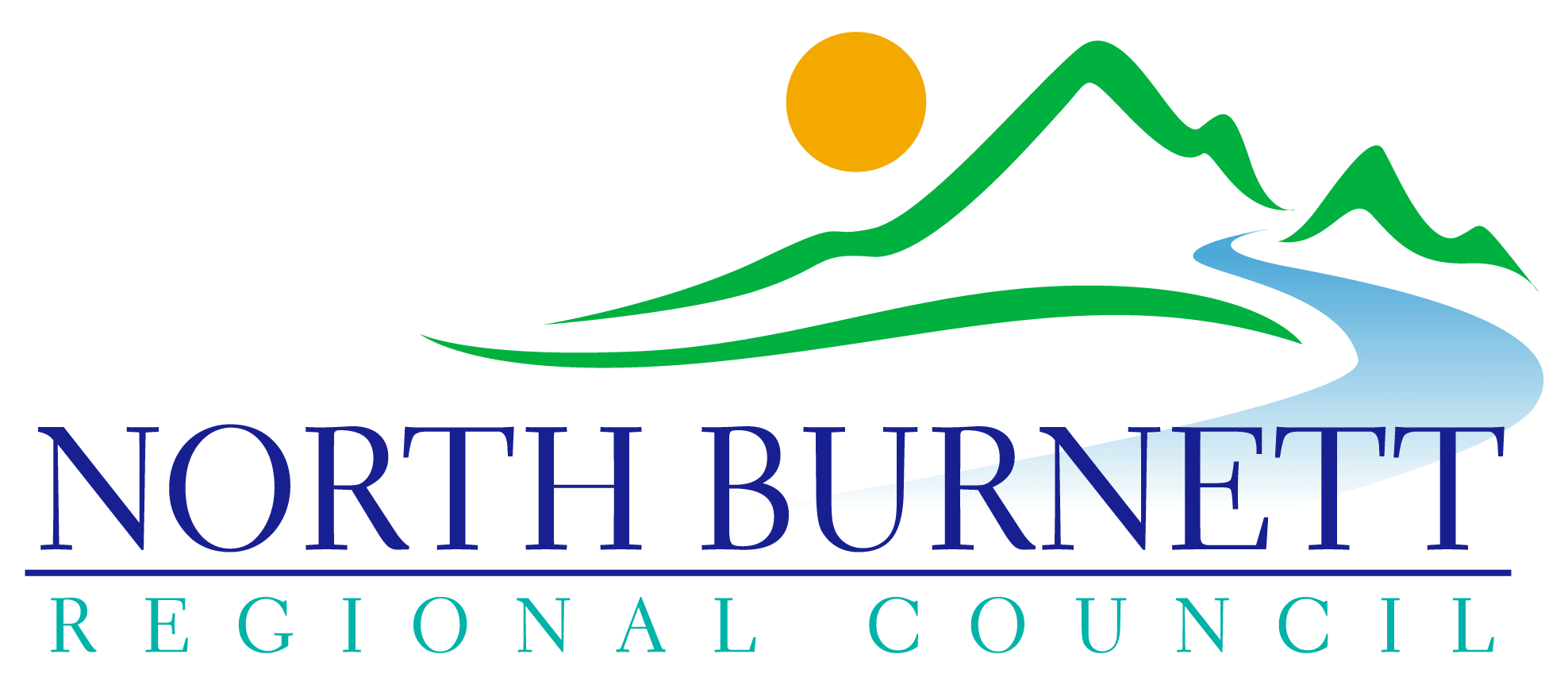Cold Weather and Flying Foxes

The first week of April has bought a dramatic decrease in temperatures across the North Burnett and a sharp increase in migratory little red flying foxes, with the arrival of over 80,000 around Mundubbera and 30,000 in Eidsvold.
In Eidsvold they have returned to trees along Harkness Boundary Creek, adjacent to Eidsvold Show Grounds and in Mundubbera they have joined an existing small colony adjacent to Mundubbera Saw Mill.
It is important to remember that flying foxes choose where they will roost and by disturbing them we can increase the chance of them roosting over residential homes or community facilities such as schools. Any disturbance of flying foxes should only be undertaken in accordance with relevant State and Commonwealth legislation.
Flying foxes play a crucial role in the environment by dispersing seeds and pollinating plants. They also evoke a range of emotional responses in the communities that they visit. Fortunately there is minimal impact upon residential properties in their current roosting areas.
There may be concerns about the impact on rainwater supplies from droppings when flying foxes are foraging at night and performing their usual flyover at dusk and dawn. Droppings from flying foxes present no increased risk in comparison to other animals such as birds and possums. A first flush system on rainwater collection is recommended.
Horse owners are rminded to protect food and water sources so as to minimise the potential risk of Hendra Virus.
The risk of disease, such as Lyssavirus is low, however residents should not handle injured or sick flying foxes.
Council staff are monitoring the numbers of flying foxes across the North Burnett. They will continue to periodically monitor both sites and if required, undertake management options in accordance with the relevant legislation. For more information on flying foxes in Australia and living with flying foxes visit the North Burnett Regional Council website.
For any enquiries regarding flying foxes, please contact Council’s Environmental Services team on 1300 MY NBRC (1300 696 272).
